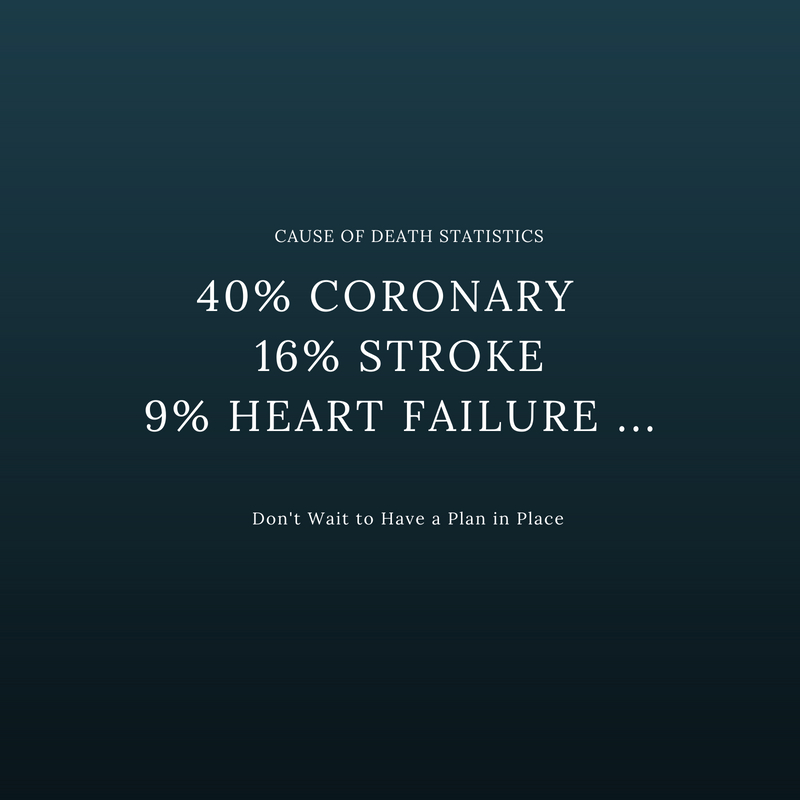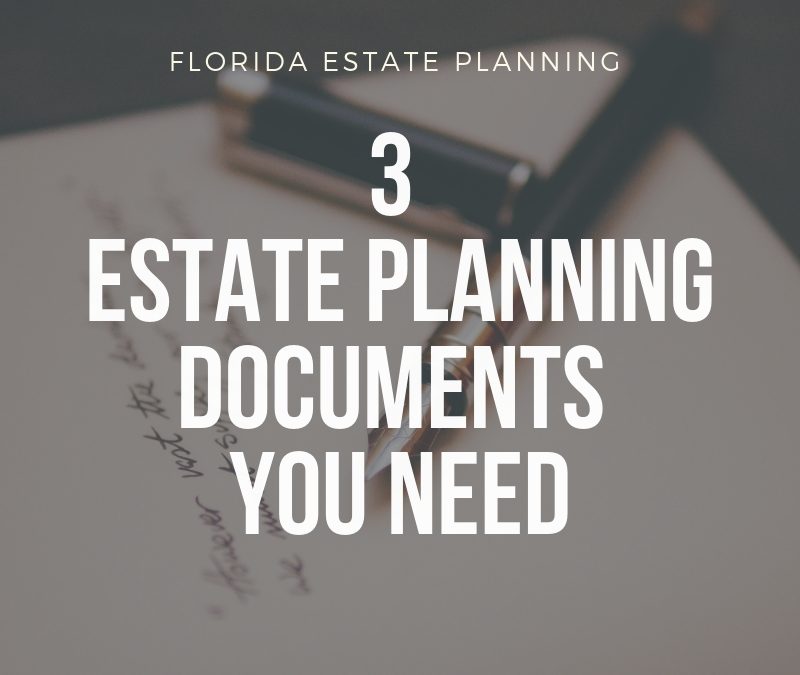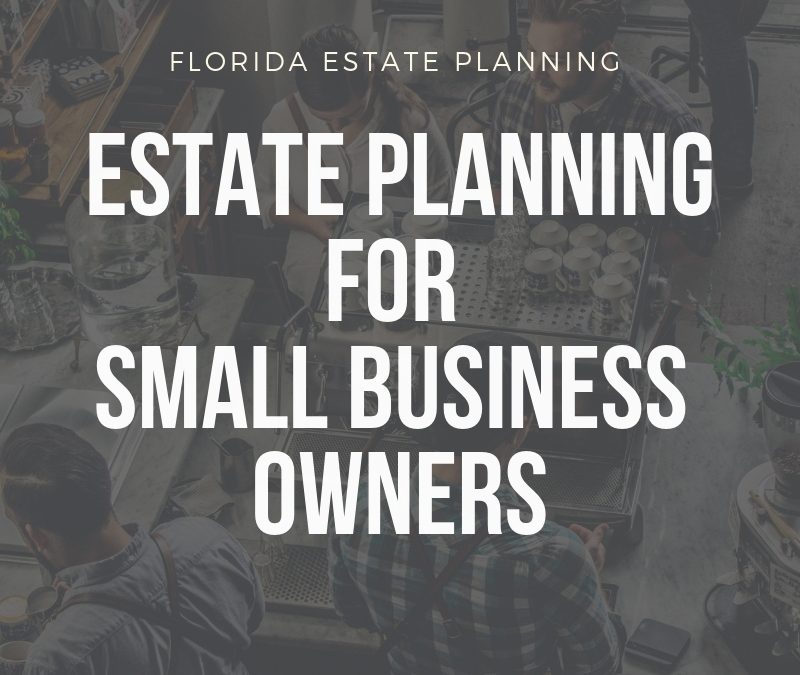Estate Planning – Do I Need It?
I think everybody worries what happens to their stuff when they pass away or what happens if you become incapacitated. These are extremely important questions and valid worries. It might surprise you but it is estimated that approximately 70% of people do not have an estate plan in place.
The purpose of this blog post is to begin to introduce to you what estate planning is. By the end of this blog post you should at least know where to begin or have a direction in which to head. Alright, let’s go.
As a preliminary statement, there is no exact definition of “estate planning.” Essentially, I define “estate planning” as the mechanisms or the systems you have in place to deal with your life or stuff in the instance of incapacitation or death.

Category 1 – While You Are Alive
Category 2 – When You are Dead
Category 1 – While You Are Alive
You have to ask yourself the following questions: What happens if I get in a car accident and have brain damage? What happens if I have a stroke?

What happens medically is a topic for a different blog, but the legal and financial aspects of these questions are a main purpose of this blog and my legal practice. You need to be thinking about what systems or mechanisms you should have in place while you’re alive to address the questions above.
The short answer is to provide other trusted people with the authority or power to handle your affairs and make decisions when you can’t.
My favorite basic estate planning document is the Durable Power of Attorney, which covers legal and financial matters. This document has by far saved my clients time and money more times than any other estate planning mechanism.
I will talk about the Durable Power of Attorney, its uses, the legal requirements, and the pros and cons, in later blog posts, but for now you need to be thinking about putting one of these documents in place and fast.
While the Durable Power of Attorney handles legal and financial matters, the Designation of Health Care Surrogate handles medical. This document is also one of my favorite estate planning documents. This document authorizes individuals, other trusted people, to make medical decisions if you’re unable to, including the ultimate decision of whether to “pull the plug.”
Again, I will get into the Designation of Health Care Surrogate, its uses, the legal requirements, and the pros and cons, in later blog posts, however, for now, you need to be thinking about putting one of these documents place and fast.
Category 2 – When You Are Dead
You have to ask yourself the following questions: What happens too much stuff when I pass away? You saw the cause of death statistics above right? Including the stroke statistics?
Again, I will not be getting into the multitude of ways that a person can die. However, the legal and financial aspects of this question is a main purpose of this blog and my legal practice. As with Category 1 above, you need to be thinking about what systems or mechanisms you should have in place when you pass away to address the questions above.
The short answer is, generally, a Last Will and Testament or Living Trust. The purpose of these documents is to have a written instrument in place that dictates the handling and the distribution of your estate.
While this answer is very simplistic and there are multitude of other issues to address, either one of these documents can act and address the question of what happens to your stuff when you pass away. Much like the durable power of attorney and the designation of health care surrogate, the Last Will and Testament or Living Trust are my favorite basic estate planning tools to address what happens when you die.
Conclusion:
I hope this blog post has begun to introduce you to estate planning. I also hope that it’s giving you a little bit of direction and perhaps the basic documents you need put in place to address the questions that all of us have.
To summarize, I strongly suggest you look into putting following documents in place right now:
- Durable Power of Attorney,
- Designation of Health Care Surrogate,
- Last Will and Testament, and
- Living Trust.
Remember, you never know what or when something may happen.
I want to thank you for taking the time stop by our website and read our blog. If you’d like to know more please be sure to subscribe below, and if you like the content we provide please consider sharing this on Facebook, Twitter, or any other social media.
As always, I look forward to your comments and question below.
Thanks again and I’ll talk to you soon,
Sean J. Seely
Want Help With Your Estate Plan?
Click Below to Schedule a FREE Initial Consultation!
Lynchard & Seely – COVID-19 Update
We want to update you on the steps we are taking to ensure we can continue to meet your legal needs in a secure and reliable manner. This year marks our firm’s 20th year in Navarre, and our team remains fully operational and here to support you and our community...

3 Florida Estate Planning Documents You Need Right Now
Three, fairly simple Florida estate planning documents is all you need. While, other things can help more, these will get you by in a pinch.

Estate Planning For Small Business Owners
Estate Planning for Small Business Owners – You have to think about more when estate planning if you have a business.
Want Help With Your Estate Plan?
Click Below to Schedule a FREE Initial Consultation!
